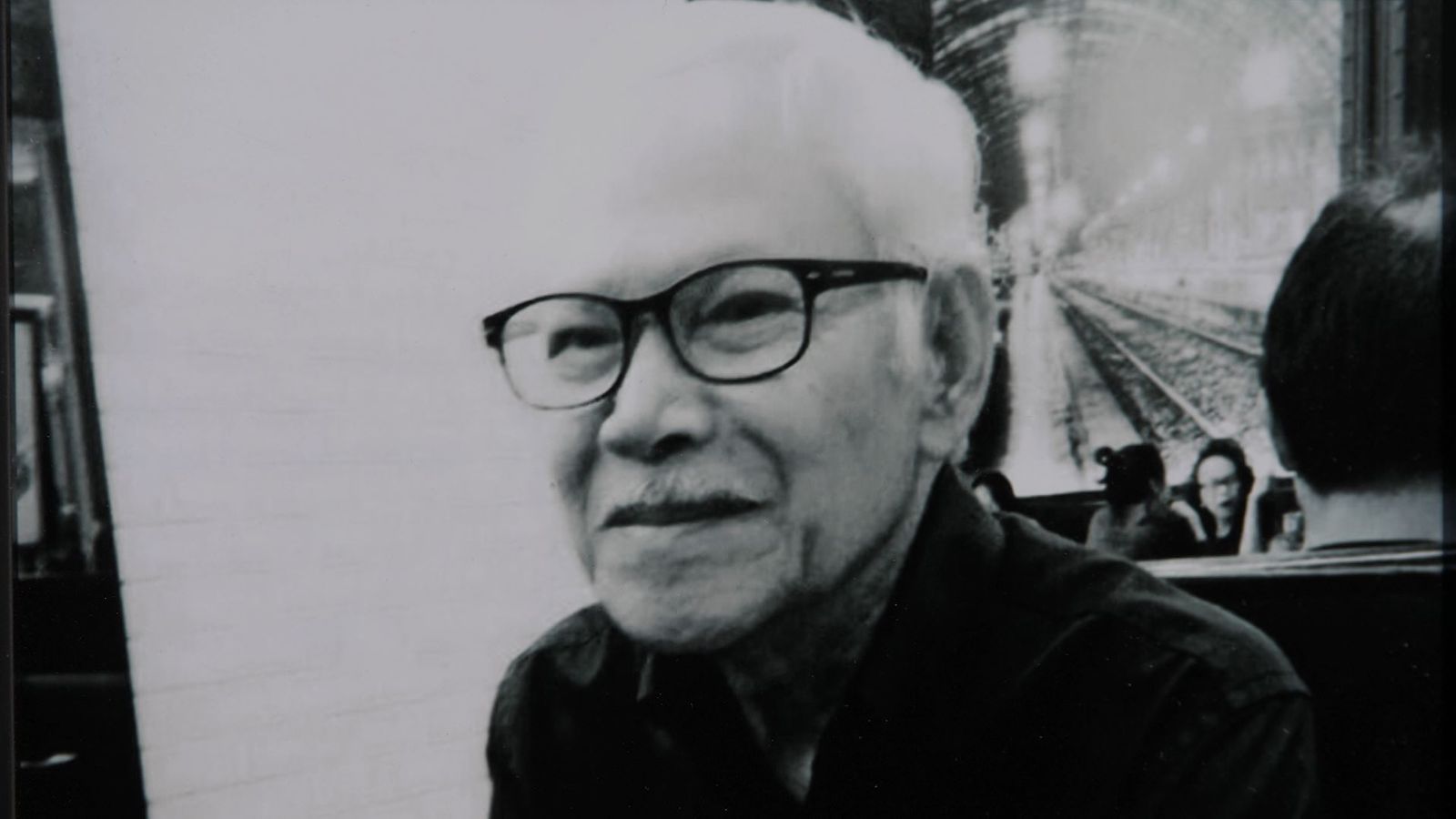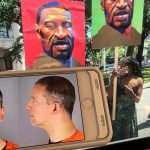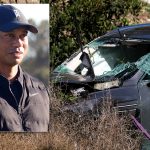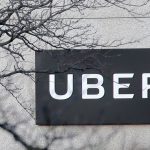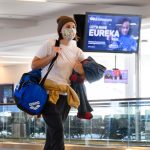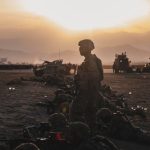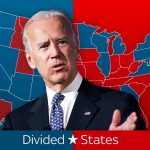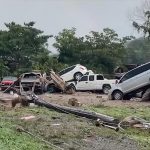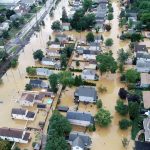On the hilly streets around his home in the Anza Vista neighbourhood of San Francisco, everyone knew Vicha Ratanapakdee as “grandpa”.
The 84-year-old, who was originally from Thailand, was a friendly and familiar sight on his hour-long morning strolls.
But on his walk on 28 January, as he turned the corner from Anza Vista Avenue into Fortuna Avenue, he was the victim of a vicious and unprovoked attack.
The moments were recorded on a security camera across the road. A man is seen charging at Mr Ratanapakdee, barging him to the ground with force.
He died in hospital two days later, and a 19-year-old has been charged with murder.
His death is part of a story of increasing violence against members of the Asian community in America, the last few months have seen a dramatic spike in attacks across the country.
The killing of eight people, six of them women of Asian descent, at three spas in Atlanta turned the national spotlight on an issue which was already a reality for families like Mr Ratanapakdee’s.
“Every time I see the picture of him being pushed to the ground, it is terrible,” his daughter Monthanus said. “It makes me stand up and raise awareness for the Asian community to not be silent anymore.”
San Francisco is home to the oldest Chinatown in the US. As incidents of verbal and physical violence, vandalism and graffiti have increased, so too has the anxiety. Daily volunteer patrols have increased to reassure the community.
Leanna Louie served her adopted country as an intelligence officer in the US Army. She founded the United Peace Corps to walk the streets of Chinatown every evening.
“Typically Asians don’t speak out,” she said. “But more and more people are saying we’re not going to be silent anymore and I’m so glad we woke up a sleeping giant.”
Please use Chrome browser for a more accessible video player
Like many in the Asian community, she blames the rhetoric of former US president Donald Trump – who repeatedly blamed China for the coronavirus with phrases like “kung flu” – for emboldening those responsible for hate crimes.
She added: “When you’re a world leader, what you say really matters. It’s not just Chinese people getting attacked, its Filipinos, its Cambodians, Thai people, its Vietnamese, Koreans, everybody’s getting attacked and it’s just not right.”
Danny Yu Chang was heading back to his office in downtown San Francisco when he was assaulted. Still bearing the bruises, he is now planning to leave California after two decades.
“Asian people are afraid to go out. A lot of people are moving out of California to other parts of America and it’s so sad. This is not the old San Francisco anymore.”
The issue of race hate is not a new one in America, but that focusing on the Asian community is a one that has rarely been discussed.
In Portsmouth Square, in the heart of Chinatown, the ground is covered in chalked messages of solidarity and support. The response has been welcomed but the community wants action as well as words.
